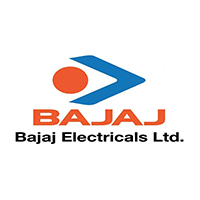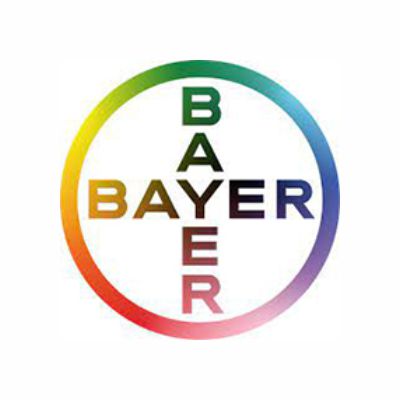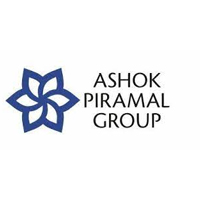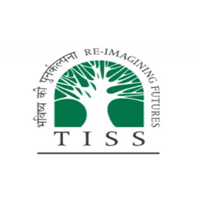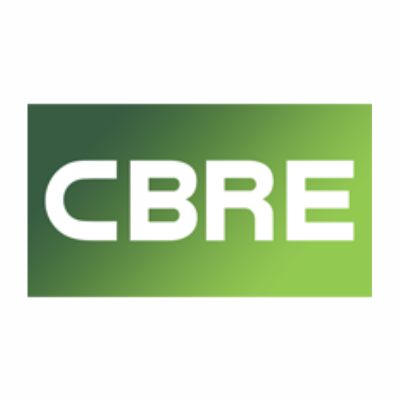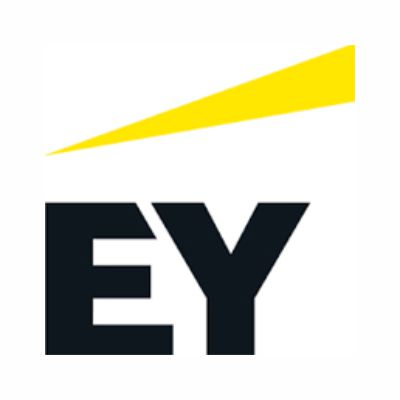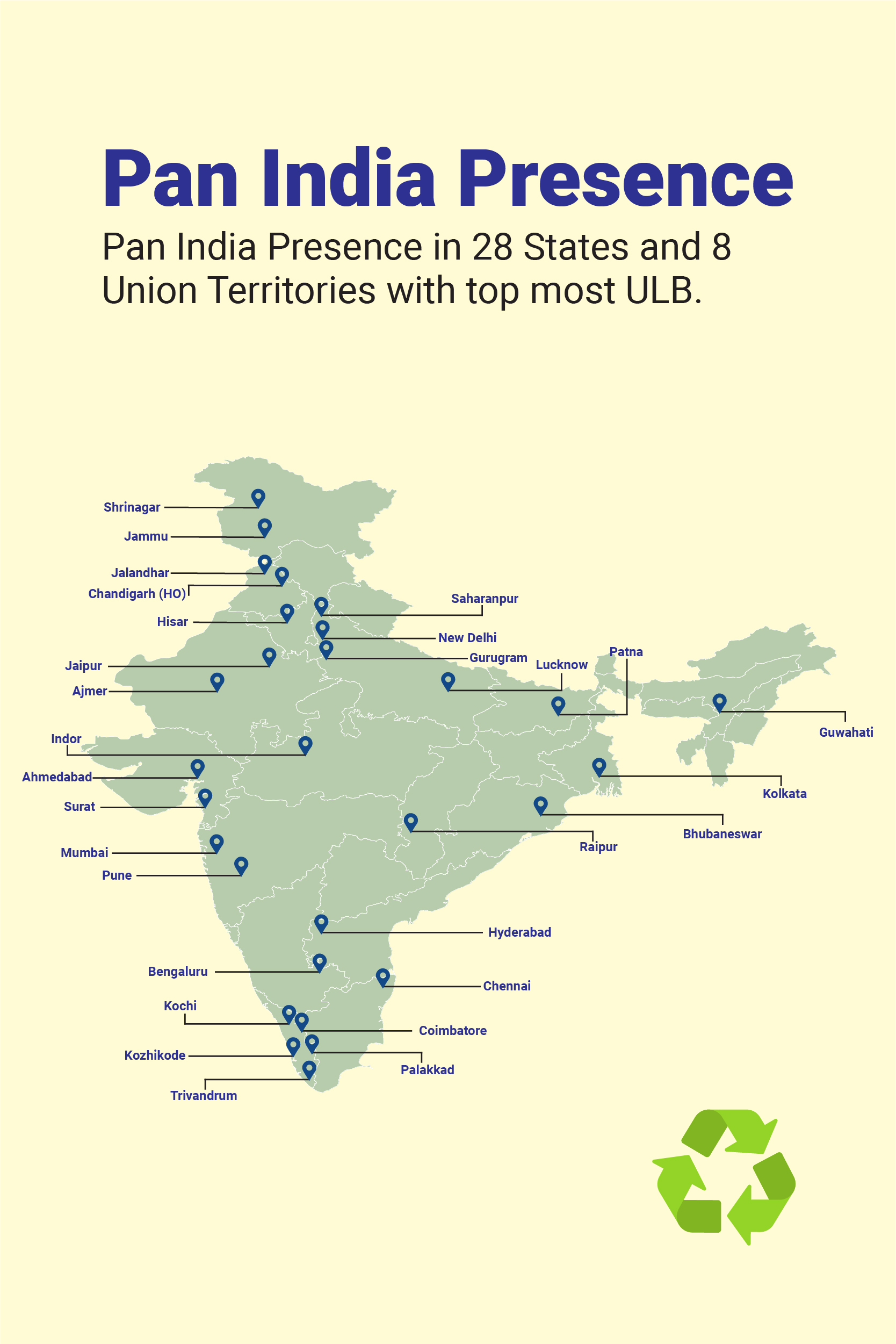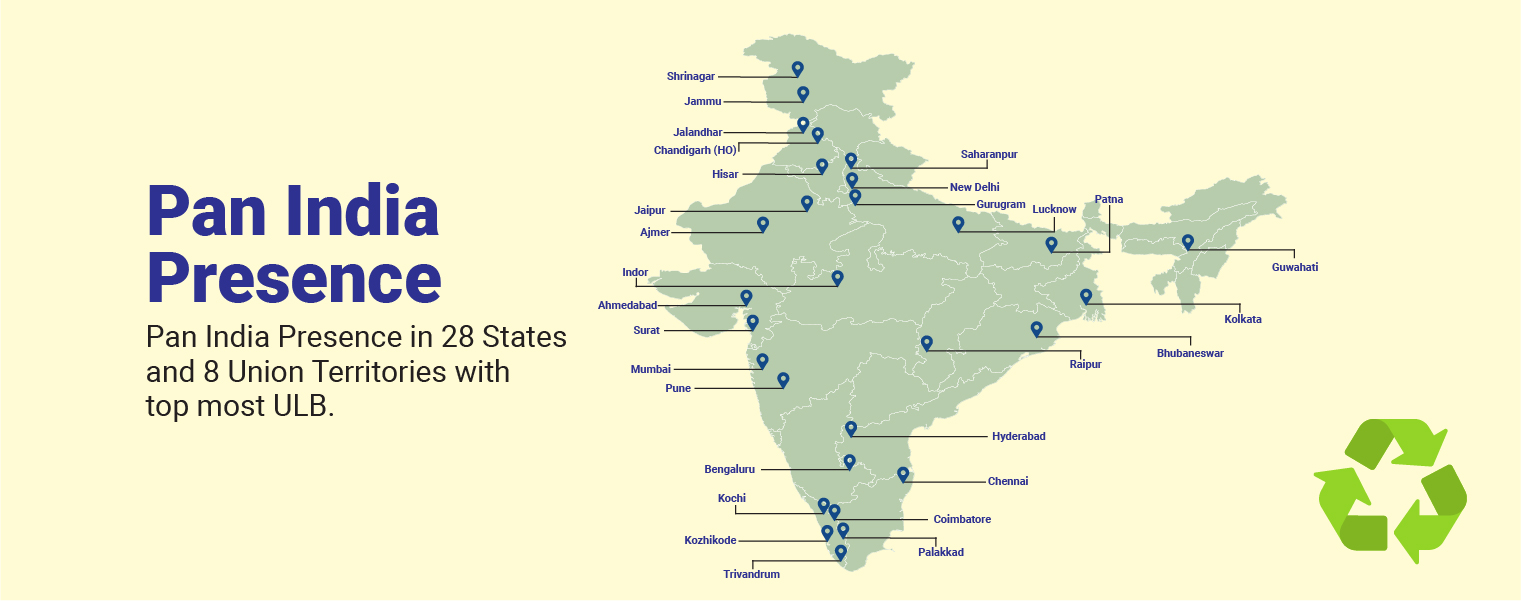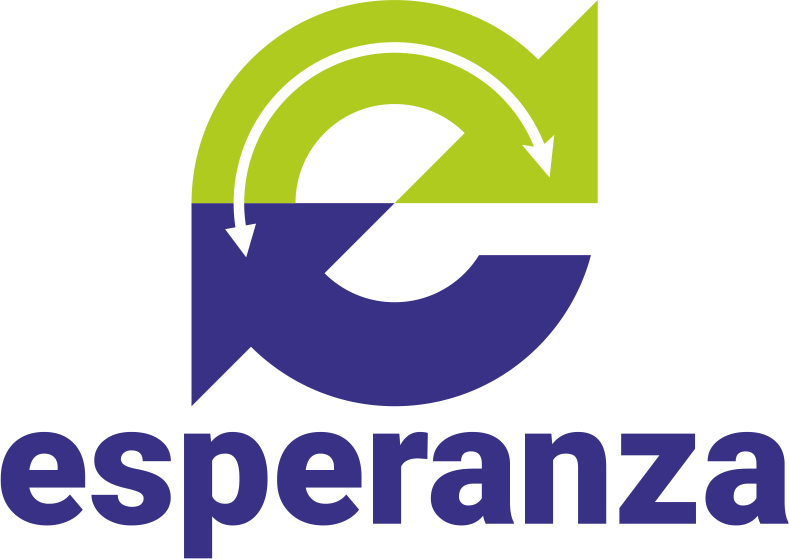Handle every step of EPR management in one place.
Fill out your details below, and our experts will call.

Providing end-to-end technical consultancy services for Extended Producers’ Responsibility (EPR) Registration and Compliance.
Earn EPR credits. Adhere to PWM Rules.
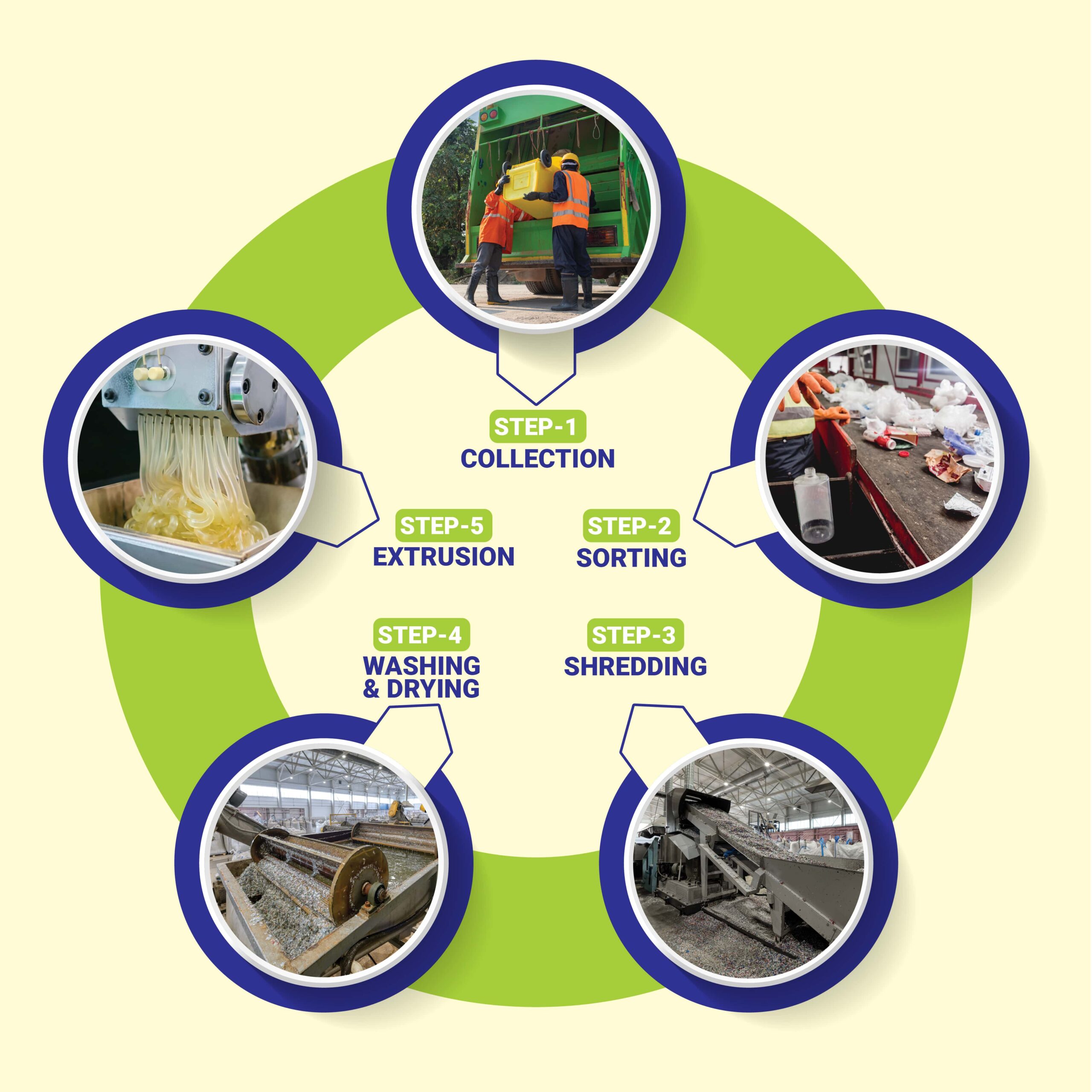
Extended Producers Responsibility (EPR) Registration and Compliance
Extended Producer Responsibility (EPR) is the commitment made by PIBO’s – a producer, importer, or brand owner – to facilitate a reverse collection mechanism of post-consumer waste and recycling of end-of-life plastic products. The objective is to circle it back into the system to recover resources embedded in the waste.
In the year 2016, India introduced the Plastic Waste Management (PWM) Rules, 2016! Which introduced the concept of Extended Producer Responsibility for plastic packaging waste and e-waste. We assist manufacturers and brand owners in the reverse logistics of these waste categories.
How We Can Help
As a government-approved Plastic Waste Processors (PWP), Esperanza is authorized to provide its brand partners EPR credits in exchange for collection and recycling of end-of-life plastics introduced by them through their business and manufacturing process.
By collaborating with Esperanza for EPR, you get a full suite of solutions to meet EPR requirements, including collection and recycling services, consultancy for technical requirements, as well as carbon credits exchange. Together, we can keep our surroundings free from plastic pollution and contribute to the circular economy for a more sustainable future.
What We Do
HELP YOU
Easily Understand
EPR under PWM Rules, 2016
ASSIST YOU
In Identifying
the best suitable EPR Model
GUIDE YOU
As PIBO’s in framing
EPR Action Plan
SUPPORT YOU
In PWM Registration
and EPR Execution Process
Who Are Covered Under EPR
- EPR is applicable to all Producers, Brand Owners, and Importers of the nation (PIBO’s).
- The following entities shall be covered under the Extended Producer Responsibility obligations and provisions of these guidelines namely: –
- Producer (P) of plastic packaging.
- Importer (I) of all imported plastic packaging and / or plastic packaging of imported products.
- Brand Owners (BO) including online platforms/marketplaces and supermarkets/retail chains other than those, which are micro and small enterprises as per the criteria of Ministry of Micro, Small and Medium Enterprises, Government of India.
- Plastic Waste Processors (PWPs).
- Producer falling under (SPCB if operating in 2 states or CPCB if in more than 2 states) needs to register
- Producers who sell to other brand owners need to register
- Producers (SPCB if operating in 2 states or CPCB if in more than 2 states) and sell under their own brand name need to register.
- EPR Policy under the Plastic Waste Management (PWM) Rules, 2016 caters to solve the acute issues pertaining to plastic packaging waste including carry bags.
- EPR shall be implemented for all the three (as given in the PWM Rules) categories of plastic packaging waste, either rigid or flexible like PET, PE, PVC, PP, PS, beverage cartons, Multi-layered Plastics, or any other grades of plastics.
What Is Covered Under EPR (4 Categories)
Mostly, these four types of plastic packaging are considered.
EPR Workflow
How You Benefit From Us
Our Valued Clients

